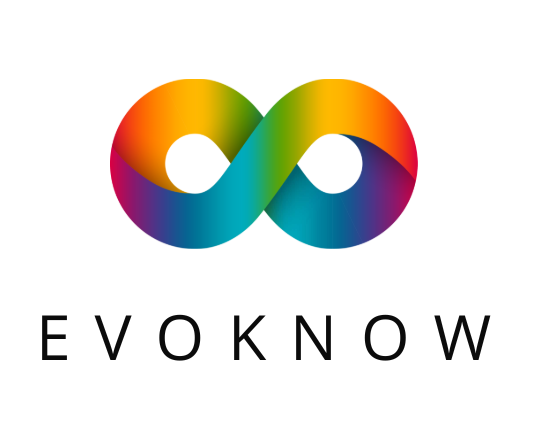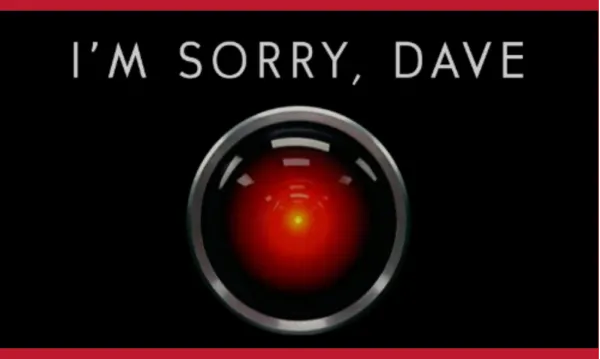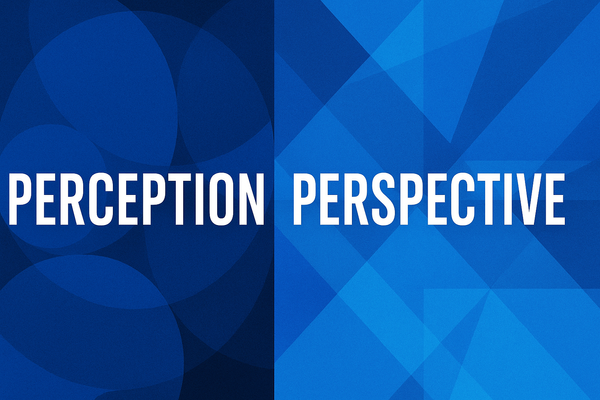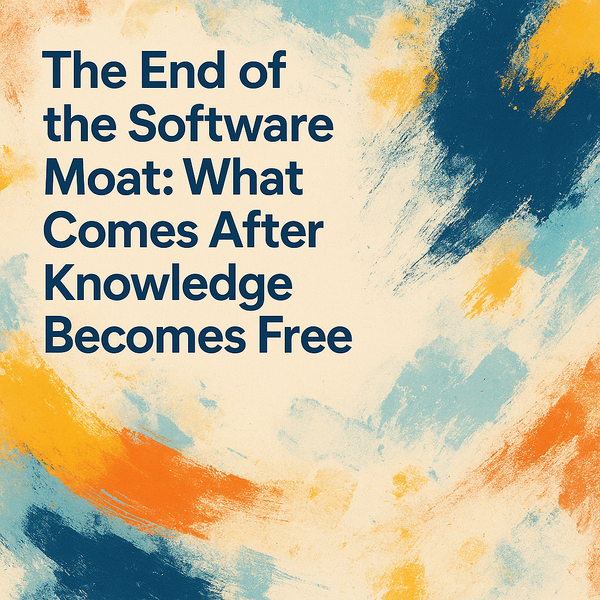AI Apps: Where Startups Spend on AI
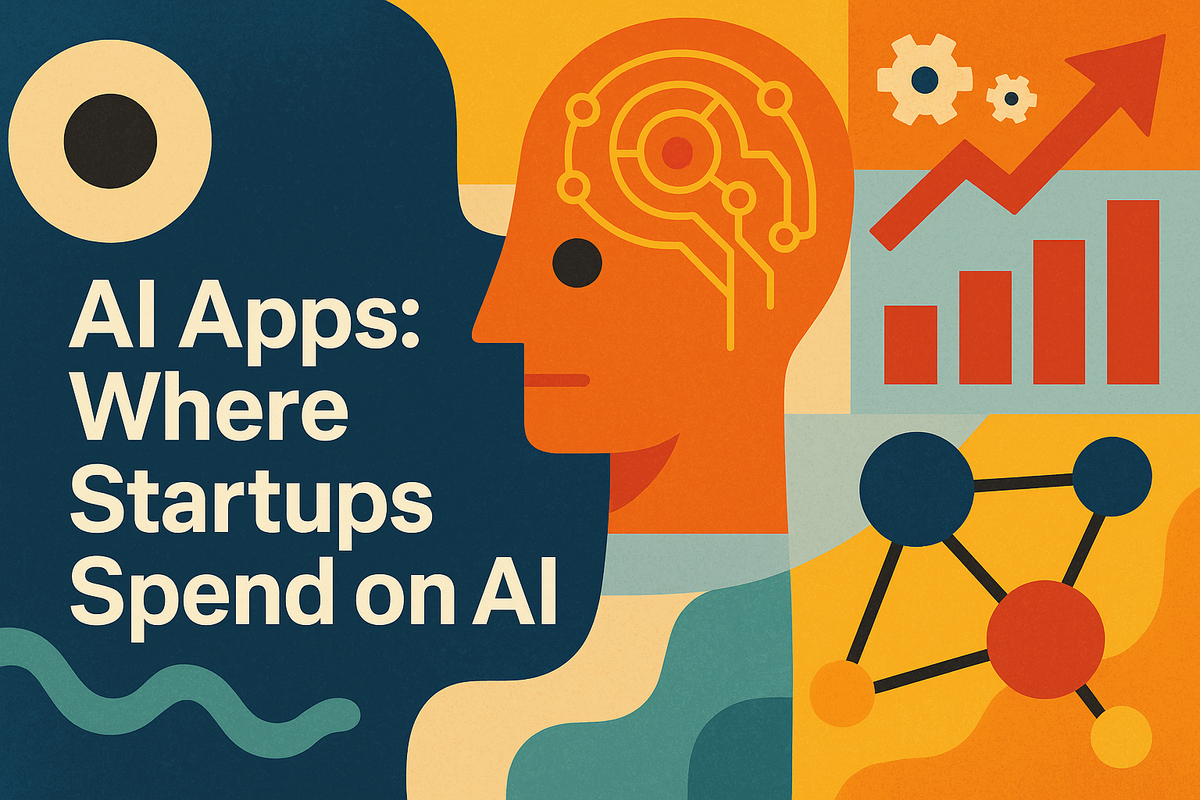
Artificial Intelligence has become the invisible backbone of modern startups, quietly revolutionizing how young companies build, scale, and compete. Gone are the days when AI was a luxury reserved for tech giants with sprawling research divisions. Today's founders are weaving AI into every corner of their operations, from the first line of code to the final customer interaction.
The New Operating System
Walk into any startup's Slack channel today and you'll find a radically different toolkit than existed just three years ago. OpenAI and Anthropic have emerged as the twin pillars of this transformation, with ChatGPT and Claude becoming as essential as email once was. These aren't just clever chatbots—they're thought partners, code reviewers, and content generators that allow three-person teams to operate like thirty.
The development environment itself has been reimagined. Replit has turned coding into a collaborative, AI-assisted exercise where developers can prototype ideas at lightning speed. Cursor takes this further, offering an AI-first code editor that doesn't just autocomplete but understands context and intent. Meanwhile, Cognition is pushing the boundaries with AI agents that can autonomously code, debug, and ship entire features.
Creativity Unleashed
The creative stack has undergone an equally dramatic evolution. MidJourney has become the go-to platform for startups needing visual identity without a design team. Founders sketch brand concepts in natural language and watch them materialize in stunning detail. Freepik and Lorikeet complement this with ready-made assets and templates, while Photoroom handles the unglamorous but essential work of product photography and background removal.
Video content, once prohibitively expensive for early-stage companies, has been democratized by tools like Descript and CapCut. Descript's revolutionary approach—edit the transcript and the video changes accordingly—has made professional video editing accessible to anyone who can write. For short-form content, OpusClip automatically transforms long videos into viral-ready clips, understanding pacing and hooks without human direction.
The audio landscape has been transformed by ElevenLabs, whose voice synthesis technology is so convincing that startups can now create entire podcast series, audiobooks, or customer service systems with consistent, branded voices. It's not replacing human creators so much as enabling creation that simply wouldn't happen otherwise.
The Intelligence Layer
Behind the flashy creative tools lies a more subtle revolution in how startups organize and access knowledge. Notion has evolved from a note-taking app into an AI-enhanced workspace where information summarizes itself and patterns emerge automatically. Glean takes this concept enterprise-wide, creating a unified search layer across all company tools and documents.
Perplexity has carved out space as the researcher's AI of choice, delivering cited, conversational answers that dramatically accelerate competitive intelligence and market research. Delve pushes deeper into data analysis, helping founders make strategic decisions backed by patterns invisible to the human eye. For scientific and technical startups, Solve Intelligence and Emergent provide specialized research capabilities that would otherwise require entire teams.
Conversations at Scale
Customer interaction has perhaps seen the most dramatic transformation. Ada and Crisp have made sophisticated customer support chatbots accessible to companies with zero support staff. But the innovation goes beyond simple chatbots. Retell AI can sit in on sales calls and customer conversations, extracting insights and action items that would otherwise be lost. Read AI takes this concept across all meetings, analyzing not just what was said but how it was said.
The outreach side has been revolutionized by tools like Instantly and Clay, which combine data enrichment with AI-powered personalization. These aren't spam machines—they're systems for creating genuinely relevant, contextual communication at scales previously impossible. Customer.io ties this together with sophisticated automation flows that feel personal despite serving thousands.
For video communication, Tavus and KlingAI are pioneering personalized video at scale. A founder can record one message and generate thousands of variations, each addressing a specific customer by name with relevant details. It's personalization that doesn't sacrifice the founder's time.
The Productivity Revolution
Daily operations have been streamlined by a new generation of AI assistants. Fyxer.ai and Motion don't just remind you of meetings—they actively manage calendars based on priorities and working patterns. Grammarly has evolved from a spellchecker into a communication coach that adjusts tone and clarity in real-time. Merlin works across applications, bringing AI assistance to every corner of a founder's digital workflow.
Meeting documentation has been solved by multiple players. Otter.ai, HappyScribe, and Plaud each offer transcription and analysis, freeing teams from the burden of note-taking. The insights these tools surface—recurring themes, action items, decision points—often prove more valuable than the transcripts themselves.
Building Teams
The hiring landscape has been reshaped by AI in ways both obvious and subtle. Metaview analyzes interview conversations to help identify top candidates and reduce bias. Micro1 and 11x connect startups with vetted global talent, using AI to match skills with needs more accurately than traditional recruiting. The result is that geographic boundaries matter less and quality of fit matters more.
Once hired, teams benefit from tools like Alma, which provides AI coaching and mental health support—a recognition that scaling a startup takes a toll on people. Applaud focuses on the broader employee experience, using AI to surface engagement issues before they become retention problems.
The Design and Marketing Engine
Design work has been democratized by Canva, whose AI features now generate entire brand kits from simple prompts. Gamma creates pitch decks and presentations that look professionally designed without a designer's touch. Lovable goes further, turning ideas into functional websites instantly—perfect for MVP launches where speed matters more than pixel perfection.
Marketing asset creation has become a production line thanks to Arcads and the various video editing tools. What once required agencies and week-long turnarounds now happens in hours, with quality that's often indistinguishable from traditional production.
The Specialized Layer
Some AI tools serve highly specific functions but have become indispensable in their niches. Manus handles documentation and compliance automation—unglamorous work that can sink startups if neglected. Serval orchestrates complex workflows across multiple APIs. Adept is building AI agents that can actually manipulate software interfaces like humans do, pointing and clicking their way through tasks.
Crosby and Cluely focus on customer insights and personalization, helping startups understand their users at a depth that would require entire analytics teams. The pattern recognition these tools provide often reveals opportunities that founders didn't know existed.
The Bottom Line
What's striking about this landscape isn't just the breadth of tools available—it's how they've become genuinely essential rather than experimental. A modern startup's AI stack might include a dozen of these tools, each handling tasks that would otherwise require specialized employees.
The economics are compelling. For the cost of one senior employee, a startup can access world-class AI capabilities across writing, design, coding, customer service, and research. But the real advantage isn't cost—it's velocity. Teams move faster, iterate more quickly, and maintain quality standards that would be impossible through purely human effort.
This is the new normal. The startups succeeding today aren't those with the biggest teams or the most funding—they're the ones most effectively leveraging AI to amplify their human talent. The 50 tools in this landscape represent more than software purchases; they're force multipliers that let small teams compete with giants.
The question for founders is no longer whether to adopt AI tools, but which combination will best amplify their specific strengths. The AI stack has become as important as the tech stack, and mastery of these tools increasingly separates the startups that scale from those that stall.
